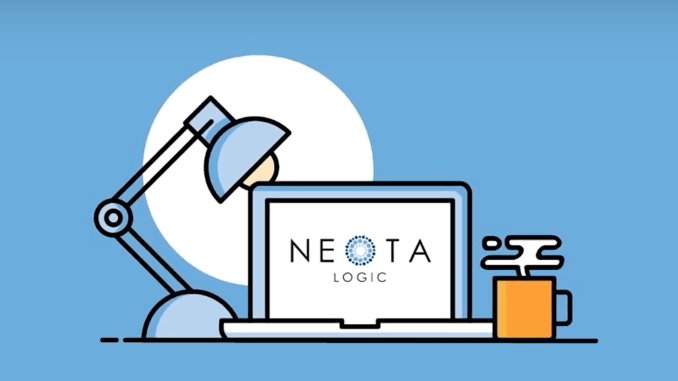
US-based law firm Cartlon Fields has deployed its own litigation budgeting application, built upon Neota Logic’s legal workflow toolkit. The move is further proof that Neota is providing a far wider platform of capabilities to the market than just Q&A expert systems, which it is perhaps best known for.
It’s also an indicative example of how law firms and inhouse legal teams can work with ‘no code toolkit providers’, so that they don’t have to buy a huge piece of software to do a specific task, nor face the prospect of building an application completely from scratch if they wish to do so internally.
I.e. Neota provides the framework and the building blocks with its toolkit to make what you want, the lawyers can then make out of it exactly what they need to fit their particular goals. This is because where they take over is more on the front end customisation stage and the fitting of the application to your data flows, rather than the nuts and bolts of the software.
Peter Hitson, Director of Legal Project & Practice Management at Carlton Fields, said: ‘Neota Logic allows us to build and deploy applications quickly to engage with clients in new ways while enhancing our client service and adding value.’
The legal tech company said that its toolkit allows firms to create their own budgeting system because running litigation matters generally follows the same steps repeatedly, hence partial automation of workflows can be applied.
This makes the work less time consuming as crafting a budget is usually done manually, following the same checklist and leveraging existing data, especially when giving a quote, Neota said.
Max Paterson, Neota’s Vice President Client Success (pictured below), told Artificial Lawyer that the litigation budgeting application has a wide range of capabilities.
‘Ultimately what we are doing is we are taking a platform that can both build a budgeting tool, but also draft a memo for you, and trigger emails,’ he said.
‘As you build up and prove that budget tool, you can actually build on top of it, and say: ‘[We are not] just creating a standard budget, but every time someone runs it, we can actually store the information for auditing purposes. And then every time it’s run, maybe our finance department or our client management department gets an email so they can follow back.
‘Or maybe the head of the litigation practice needs to be notified when these types of budgets are created. So there are additional pieces on top of just ‘here’s your budget,’ – that’s really where the value comes out exponentially.’
In short, once you get an initial product up and running you can keep expanding it out, like building extensions on a house.

Carlton Fields is not just using Neota for the budgeting app, but has also worked with the company to develop the following capabilities:
- A Delivery Services Partner Application is being used for a multinational technology company’s new matter assignment process.
- An application that streamlines a client’s assessment of General Data Protection Regulation (GDPR) compliance risks.
- An award-winning pro bono application — Cyber Civil Rights Resource Guide — for the Cyber Civil Rights Initiative. The application helps victims of nonconsensual pornography obtain the relevant legislation they need when someone has posted a private image of themselves without consent.
Overall, what Neota and other companies that also provide this toolkit approach, such as Bryter, Autto and Berkeley Bridge, are doing is putting creative power back into the hands of the lawyers, without overburdening them with coding needs.
The other aspect to this, as noted above, is that it avoids the need to buy into a massive platform offering from the larger legal tech providers, tying you into a licence for something big and expensive that you may not really need.
One last thought, perhaps this approach is an antidote to the growing trend for platformisation. While there are many benefits from a single platform integration approach, the reality is that many businesses want flexibility and ‘no code toolkits’ allow firms, large and small, to do this.
Salut mon Max!!
Tres intéressant!
Tante
Interesting article Max. I like the fact that you are using AI to transform manual time consuming tasks that don’t add as much value (I.e. quotes) in the client’s eyes.